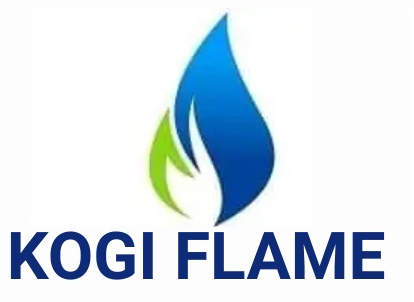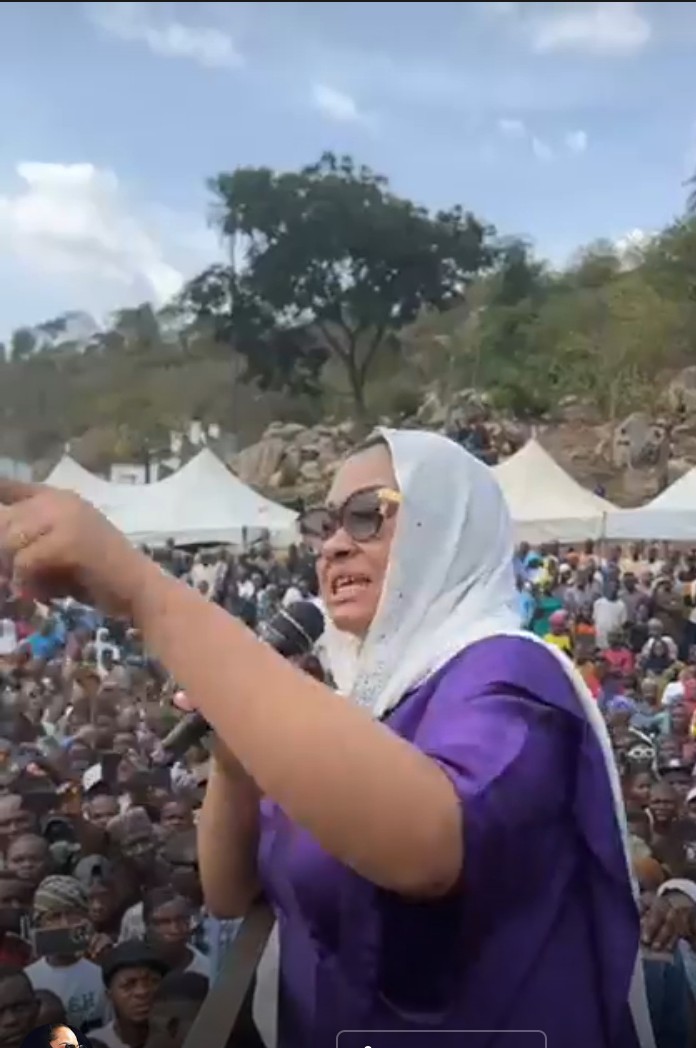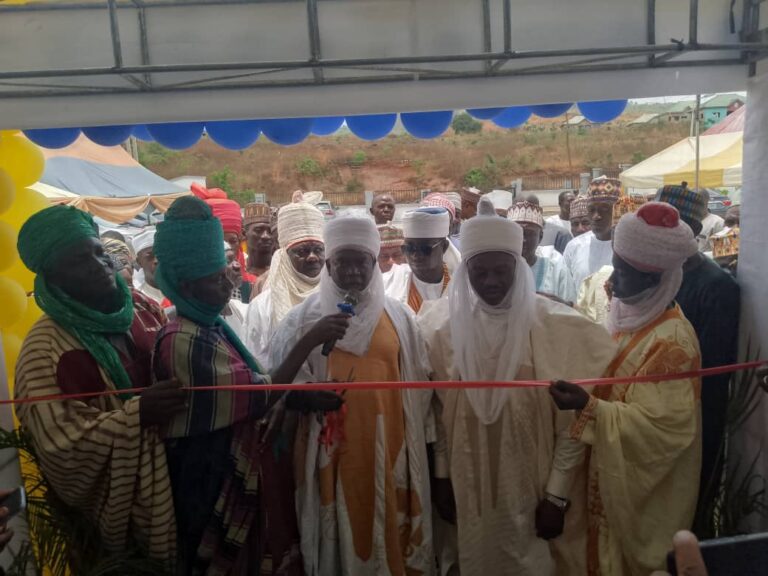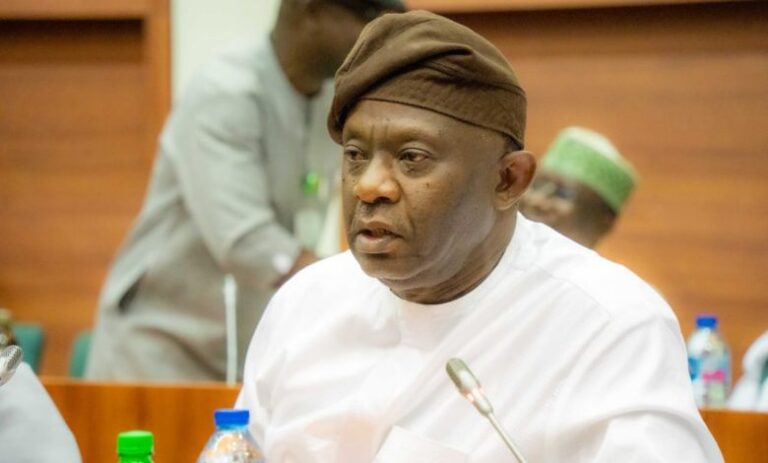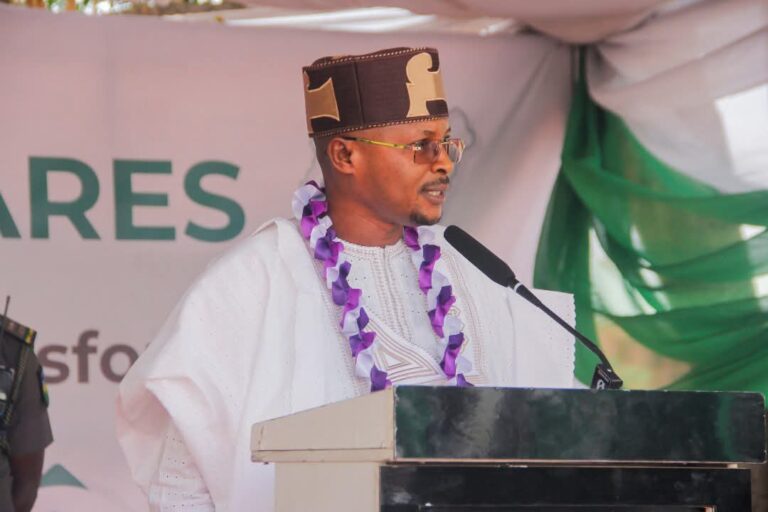Warning: Attempt to read property "post_excerpt" on null in /home/kogiflam/public_html/wp-content/themes/morenews/single.php on line 55

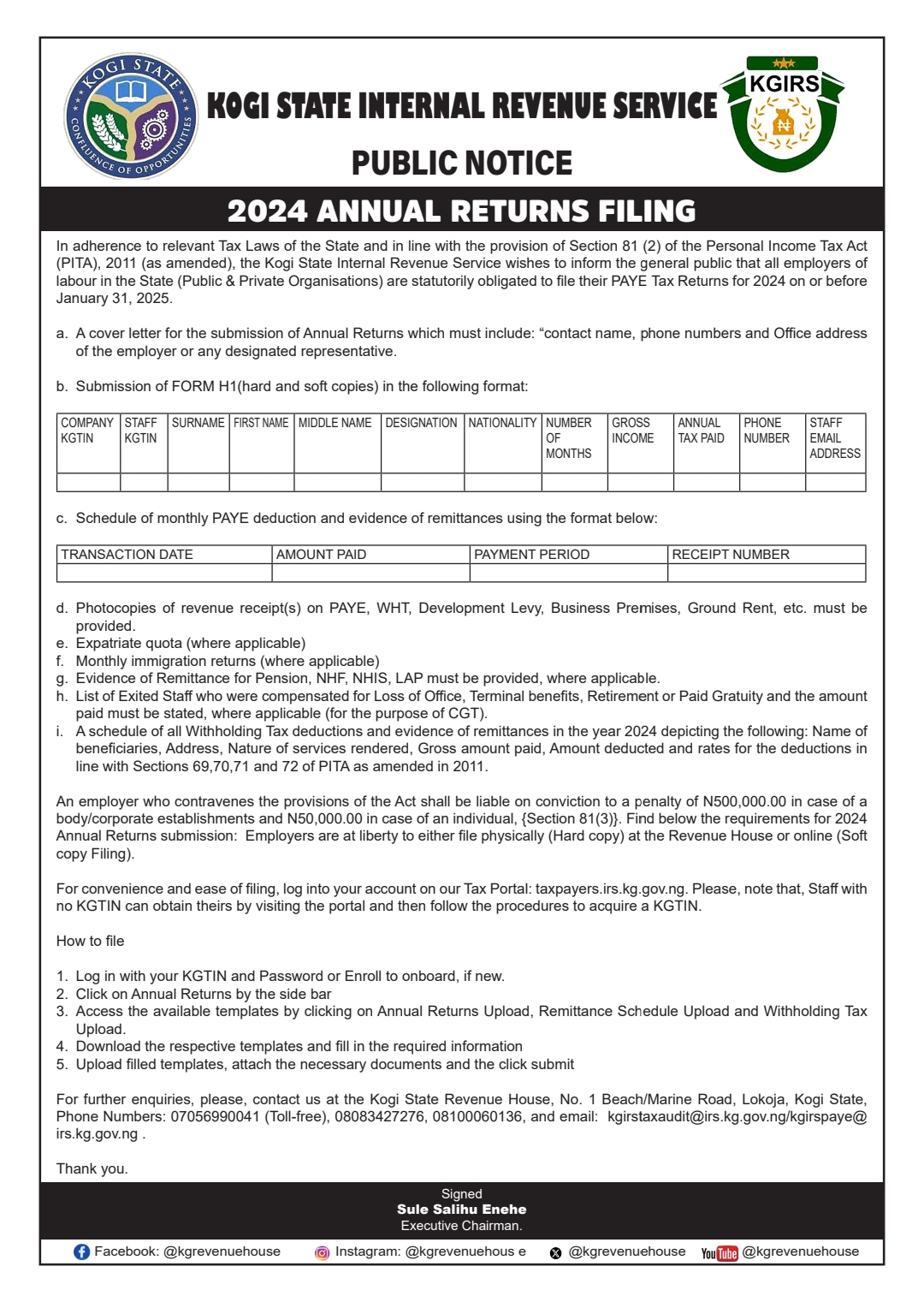
Kogiflame
The Kogi State Commissioner of Finance , Budget and Economic Planning, Asiwaju Asiru Idris has that over 1.3 million vulnerable people has been earmarked to benefit from the on going Nigeria Covid-19 Action Recovery and Economic Stimulus (N-CARES) programme in the State.
Hon. Idris who disclosed this during the occasion of the stakeholders training/ sensitization meeting on N-CARES programme , said the programme can only succeed if all the relevant stakeholders play their part by being proactive in delivering the programme for the benefits of the people.
According to him , over 1.3 million vulnerable people from the grassroots across the state have been captured to benefit from the programme to reduce the high rate of poverty caused by the outbreak of covid-19 pandemic that resulted in total lockdown of business activities in the state and the country at large.
“A lot of work has been done in preparing the NG-CARES and we are gradually moving towards programme effectiveness or implementation and that is why we have called this sensitization meeting to once again share with you the focus of the programme , how it will be implemented and what roles are expected of you as stakeholders to effectively deliver the programme in the state .
“I am appealing to Chairmen of local government areas in the state to be proactive by ensuring that the right people who suppose to enjoy the programme are captured in the data base” he said.
In paper presented at the occasion by Thomas Arokoyo titled “Covid-19 and its impact on the economy of Nigeria” Arokoyo said that despite the fact that Nigeria has avoided a public health crises during the pandemic, the economic impacts of Covid-19 pandemic was notice on livelihoods, food insecurity and sharp drop in government revenue generation.
He noted that Nigeria’s food inflation jumped to 22.95 per cent , the rate he said was the highest in over 12 years, stressing that Kogi , Sokoto and Ebonyi States are worst hit by food inflation.
Arokoyo noted that the programme was introduced to support government interventions that allow groups of small -scale farmers to access various inputs and services for crop and livestock production including improve seeds and fertilizer to boost food production.
